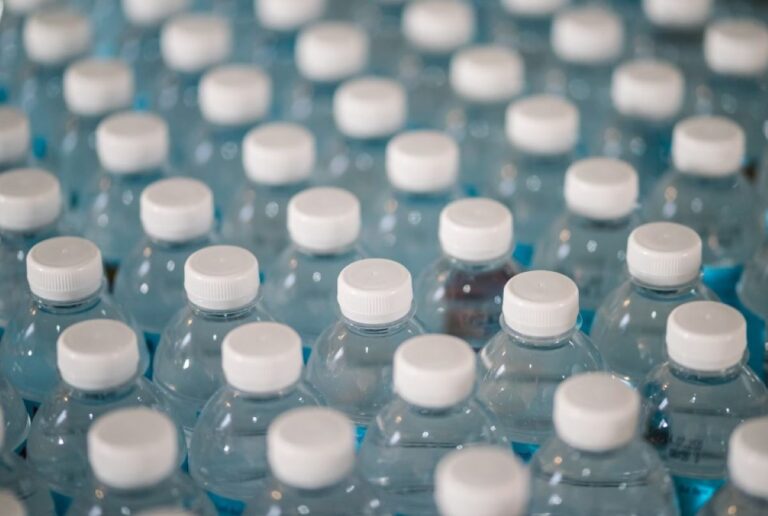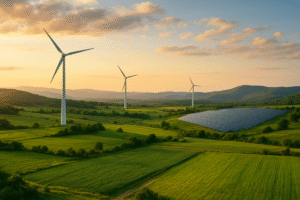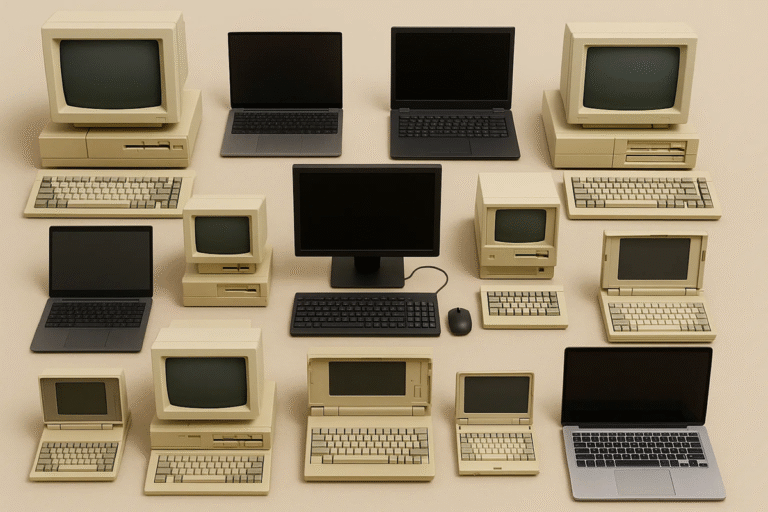How often have you stood in your kitchen, scrutinizing a piece of plastic to determine if it’s recyclable? If you’re like me, probably too many times. This dilemma could soon be a thing of the past, thanks to a series of advanced recycling technologies that promise to transform any kind of used plastic into something extremely useful: new plastic.
The goal? To create a circular economy for plastic, eliminating the need to produce virgin plastic from petroleum. Let’s explore what this entails.
Table of Contents
Plastic: a global problem
Plastic has become one of the most widely used materials in the world, but it also poses significant environmental challenges. Since its introduction in the 1950s, we’ve produced over 10 billion tons of plastic.
A large portion of this has ended up in landfills or, worse, in the oceans, forming massive islands of waste and contaminating the natural environment.
The reality of recycling
Recycling is often touted as the solution, yet only a small percentage of plastic waste is actually recyclable due to the difficulties in separating various types of polymers and the high costs involved in processing. In general, it’s disheartening to say that the current system isn’t working effectively.
A comprehensive report from 2017 shows a clear trend: about 55% of global plastic waste goes directly to landfills, 8% is incinerated, and only 6% is recycled. Of this 6%, most ends up in landfills after its second use.
What is advanced recycling?
Today, a new wave of technologies known as “advanced recycling” or “chemical recycling” promises to change the game.
These processes use techniques such as depolymerization or pyrolysis to break down used plastic into its basic chemical components, which can then be reassembled into new, virgin-quality plastic, indistinguishable from plastic made from petroleum:
- Depolymerization: This process breaks the polymer bonds to revert plastics to their original monomers, making it useful for recycling complex plastics;
- Pyrolysis: This technique decomposes polymers without oxygen, producing hydrocarbons or monomers that can be used to recycle difficult plastics or produce fuels.
Both processes require the application of heat, which somewhat impacts their environmental credentials. However, the same applies to the creation of virgin plastic, with all the additional pollution that entails.
Unlike traditional mechanical recycling, which requires careful separation of different types of plastic and often produces lower-quality material, advanced recycling can handle any type of plastic, even dirty or contaminated, and produce high-quality raw material suitable for any use, including food contact.
Towards a circular economy
The potential implications of advanced recycling technologies are revolutionary. If we can effectively recycle all the plastic we produce, we could create a truly circular economy for this material. There would be no need to extract petroleum to produce new plastic, as we could simply reuse the existing plastic indefinitely.
This would drastically reduce the environmental impact of plastic. Moreover, it would make recycling economically viable, creating a market for used plastic and incentivizing the collection and processing of plastic waste, even in countries currently lacking the infrastructure or resources.
Europe could lead this revolution. With over 100 technologies in operation or development across the EU, UK, Switzerland, and Norway, the continent is already at the forefront of advanced recycling. Some plants are operational, with a combined annual production capacity currently at 270,000 tons, which could double by 2026.
Challenges and opportunities
Of course, the path to this sustainable future is not without obstacles. Advanced recycling technologies are still in development and need to prove they can be scaled up and economically sustainable on a large scale.
Additionally, these technologies require an efficient system for collecting and sorting plastic waste, which is still lacking in many parts of the world.
The potential benefits, however, make it worth pursuing. Companies, governments, and international organizations are already taking action.
The Ellen MacArthur Foundation, for example, estimates that chemical recycling could process 50% of global plastic waste by 2040, creating a market worth approximately 120 billion euros.
The future of plastic
In a not-too-distant future, we might live in a world where plastic is no longer a problem but a valuable resource, to be used carefully and recycled endlessly. A world where we no longer have to spend hours figuring out if a piece of packaging is recyclable because all of it will be.
Plastic, once a symbol of disposability and pollution, could become the emblem of a circular and sustainable economy, where nothing is created or destroyed but everything is transformed.
Read also: Plastic-eating bacteria: what role could they have in cleaning up the planet?












